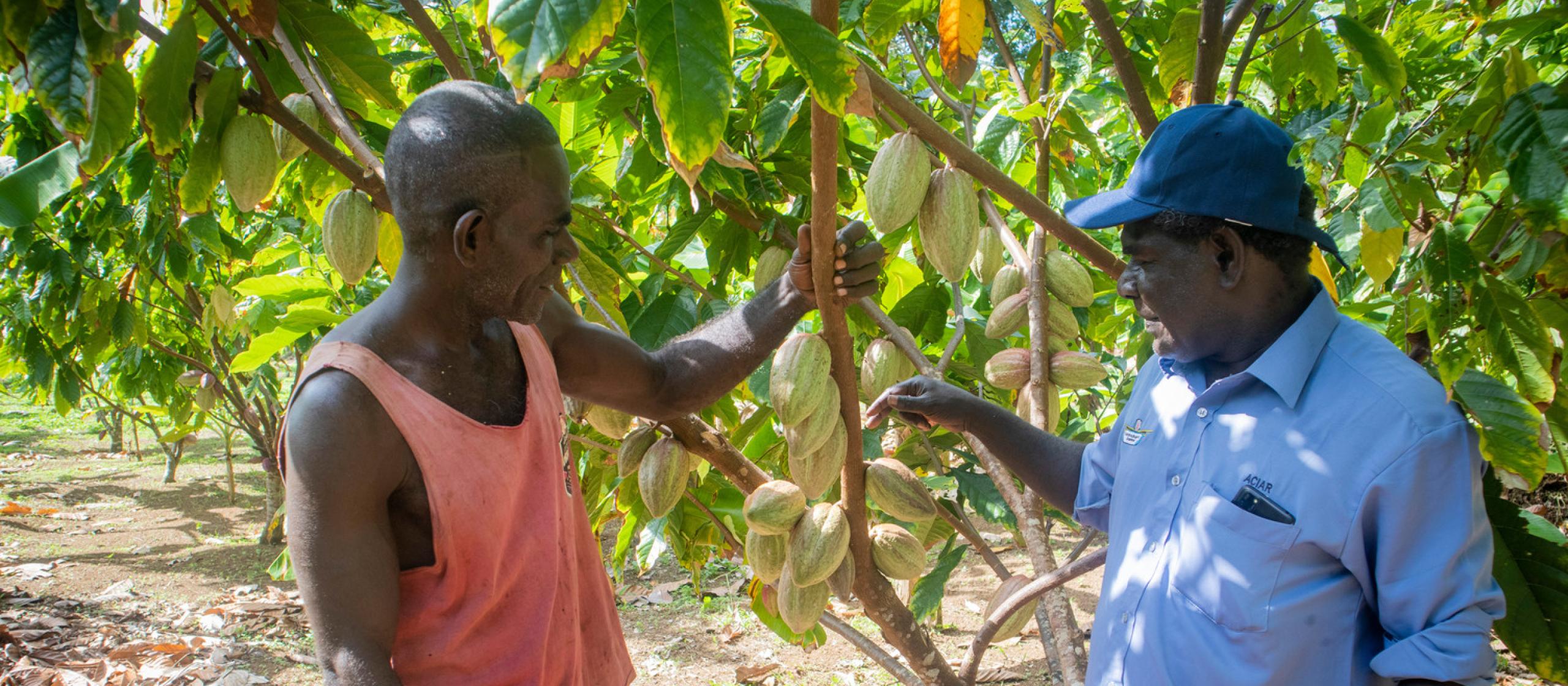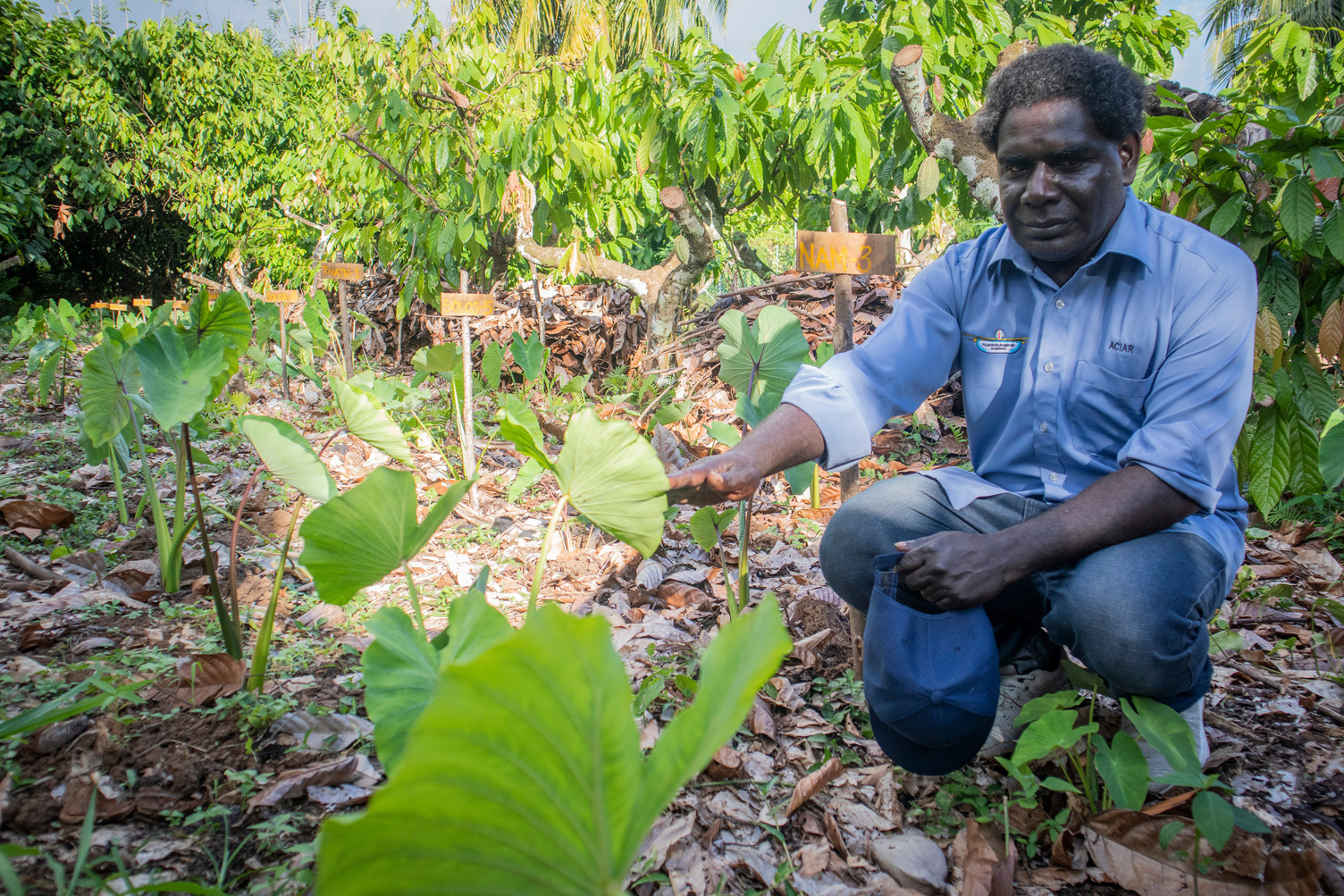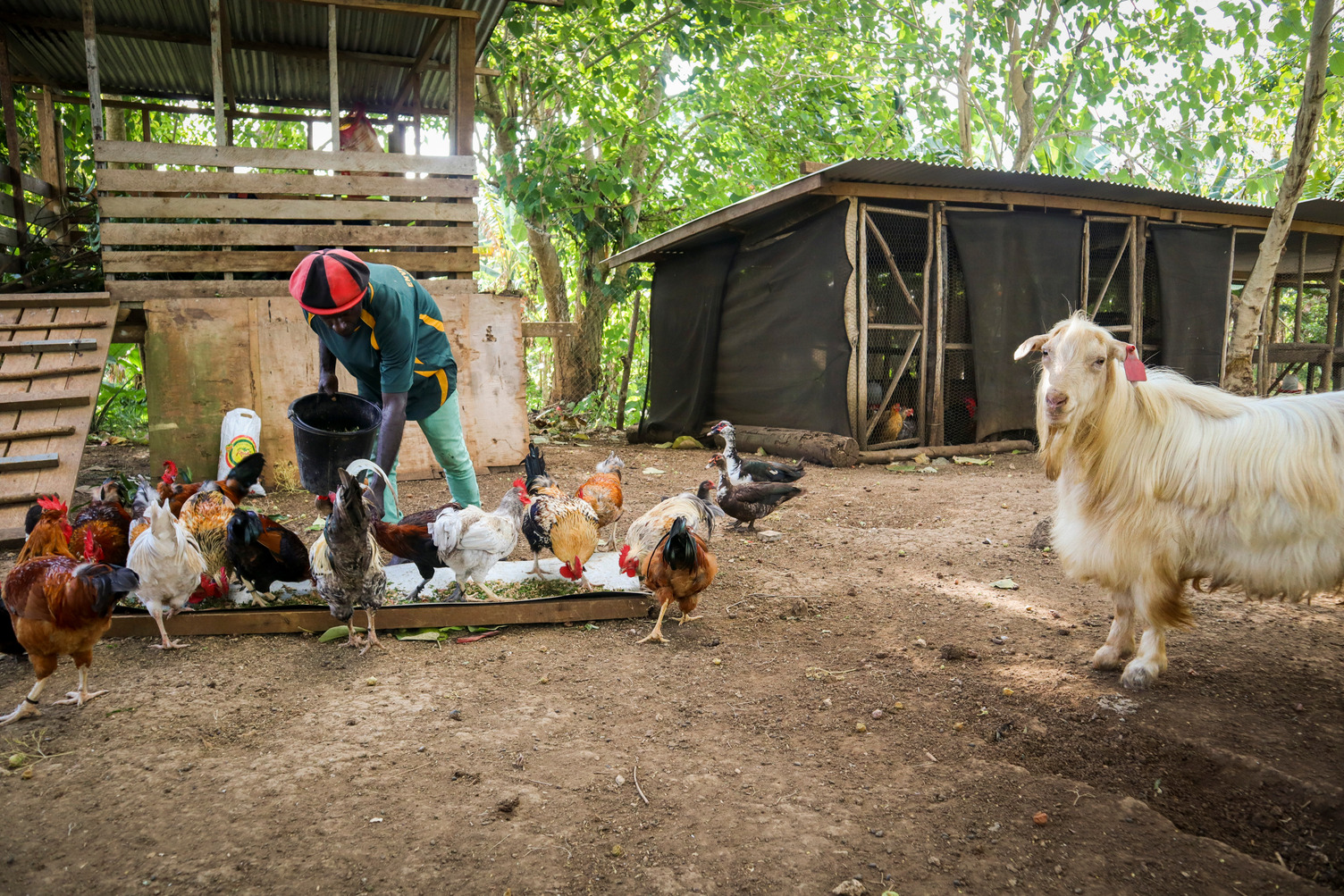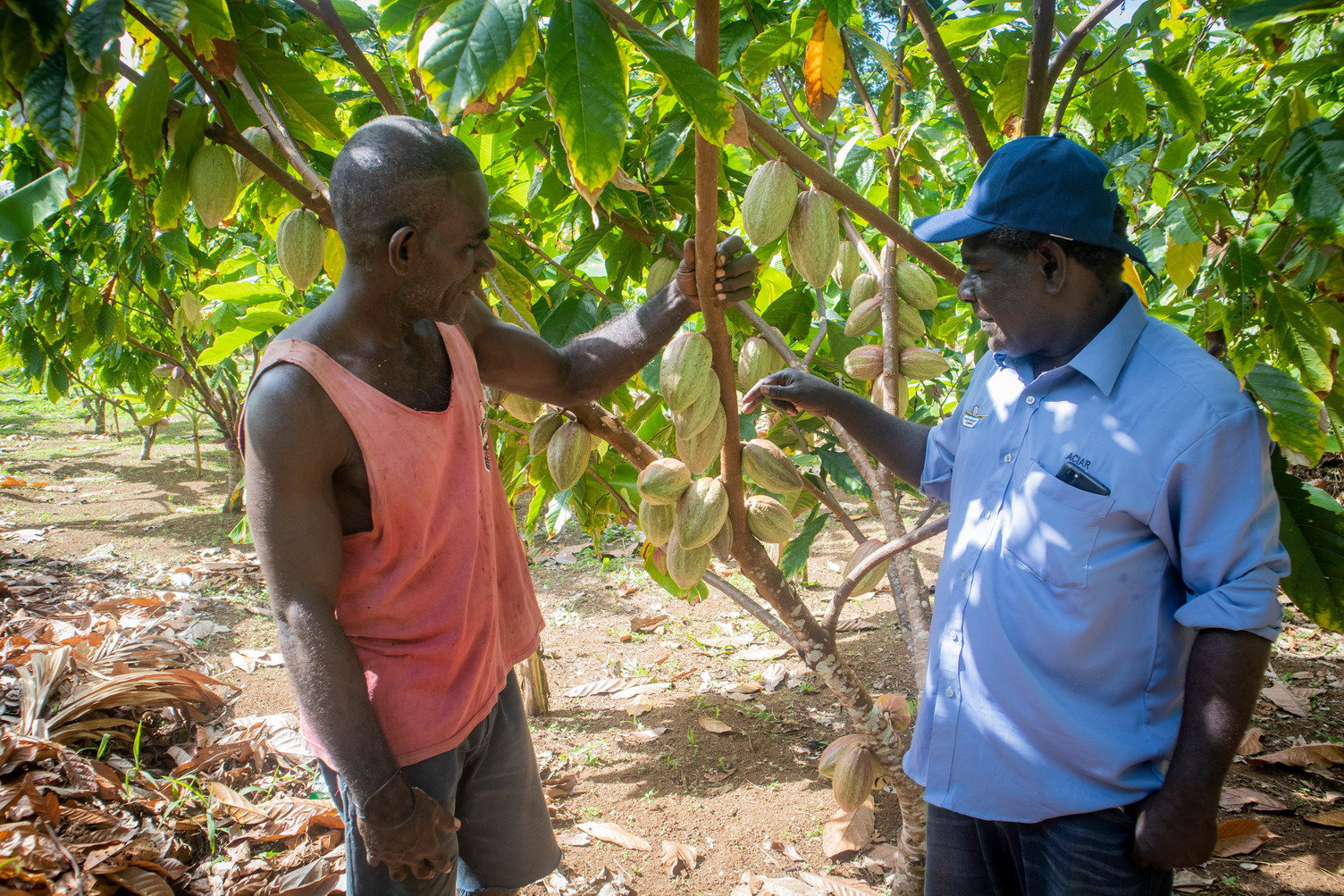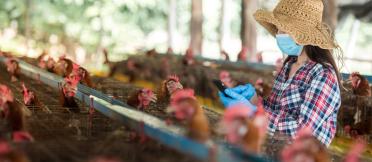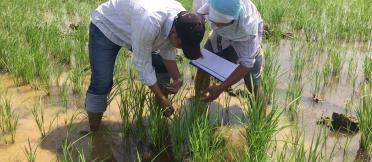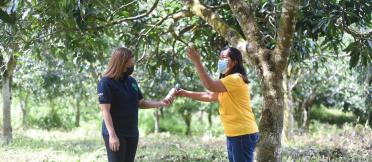In recent years, developing countries worldwide have been grappling with several major drivers of hunger and malnutrition. Population growth, conflict, poor socio-economic conditions, natural disasters, climate change and pests and diseases have all been ongoing threats to food security. The COVID-19 pandemic has amplified and further exacerbated these threats, placing further pressure on agrifood systems.
Health-related emergency responses from the onset of COVID-19 have also resulted in significant disruptions to rural livelihoods. Measures that directly impacted food access and food availability included the closure of food markets, domestic and international movement restrictions and reduced incomes from business closure.
In the Indo-Pacific, an ACIAR commissioned report warned of a food crisis with long-term implications for the region.
To quickly respond to some of these challenges, ACIAR announced the Alumni Research Support Facility (ARSF), an initiative to build resilience and respond to some of the pandemic induced challenges faced by agricultural systems in the region.
‘ACIAR alumni were invited to apply for up to A$20,000 to support research activities that could deliver short-term outcomes that directly relate to the pandemic,’ says Eleanor Dean, General Manager for Outreach and Capacity Building at ACIAR.
